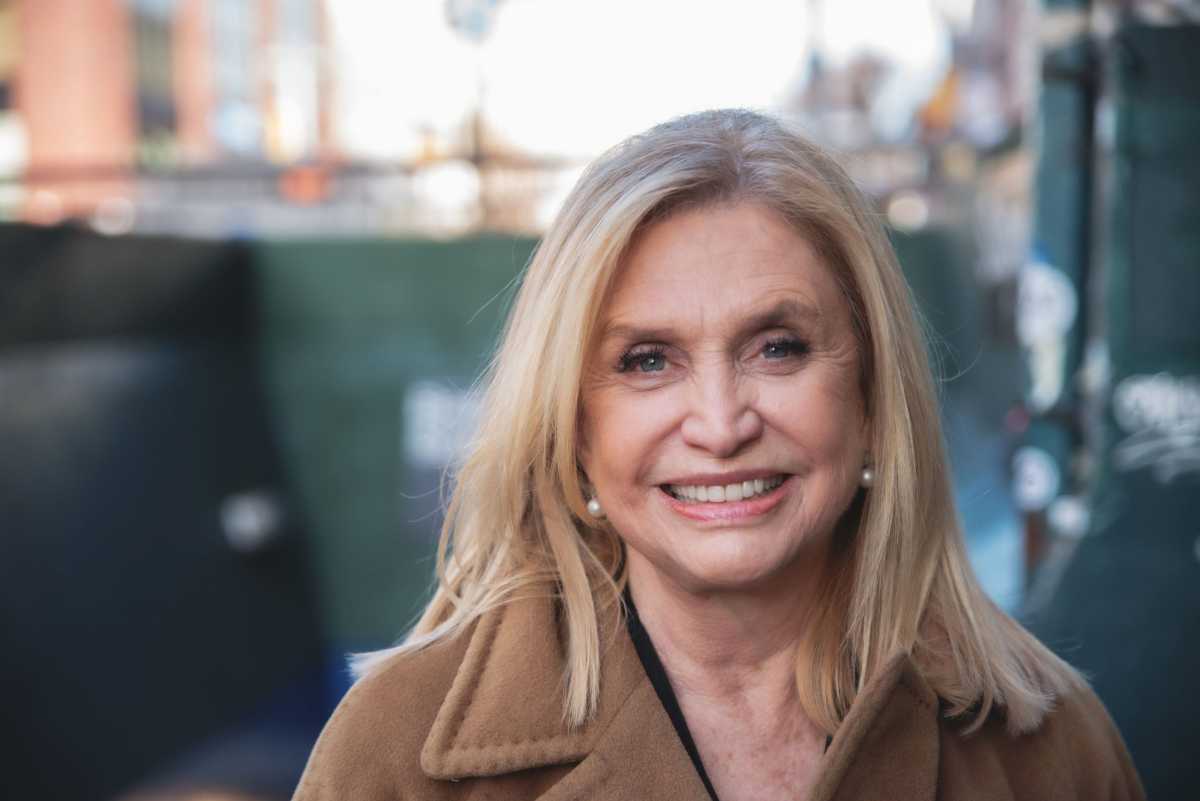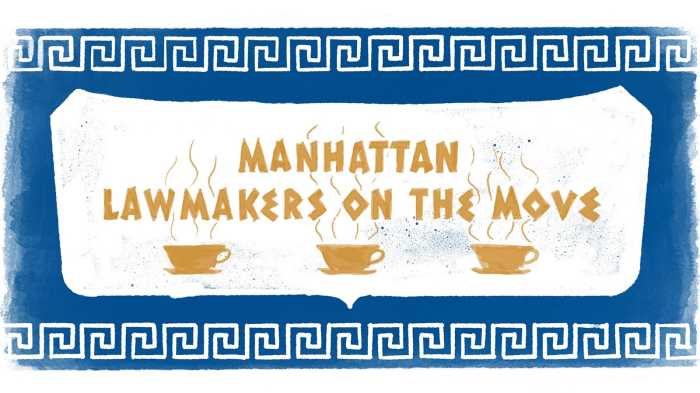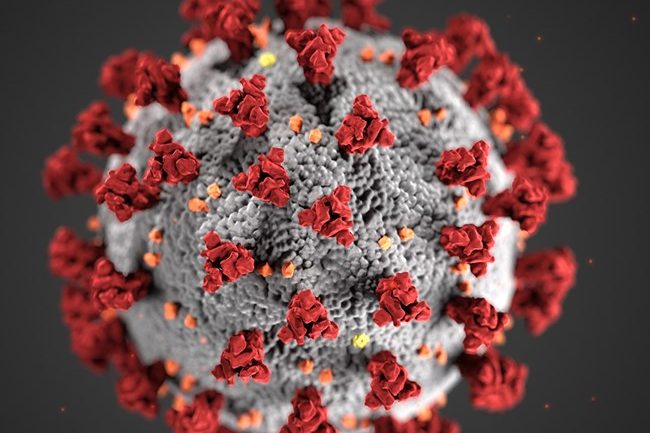Even in the midst of a citywide lockdown, Manhattan lawmakers are still finding ways to stay connected with their constituents.
Last Monday, the Four Freedoms Democratic Club hosted a virtual town hall with U.S. Rep. Carolyn Maloney (NY D-12), Assemblymember Rebecca Seawright (D- Upper East Side, Yorkville, Roosevelt Island) and infectious disease specialist Dr. Dana Mazo to discuss the effects of coronavirus pandemic in the United States.
The speakers discussed the pandemic’s effects on national and local levels while providing insight on New York State’s steps to handle the outbreak.
Maloney talked about the lack of initiative taken by the federal government to tackle the crisis. As she pointed out, the United States declined COVID-19 tests from the World Health Organization and China, which slowed the response in the U.S.
The federal government has also neglected to invoke powers that would provide its constituents with the medical supplies they need.
“The administration has failed to place orders for supplies not using its authority under the Defense Production Act,” said Maloney. Many democrats, including Gov. Andrew Cuomo, have been pushing for the Trump Administration to invoke the Defense Production Act, which would order private companies to start production of supplies that the states need to combat the coronavirus outbreak.
“We are terribly behind in supplies in products that are needed for our hospitals,” said Maloney. “I think Donald Trump’s response to this pandemic has endangered the health and safety of American people.”
Maloney went on to accost the Trump Administration for ignoring the advice of Dr. Anthony S. Fauci, director of National Institute of Allergy and Infectious Diseases.
“[Fauci] and other experts explained that within weeks, without extreme measures, our entire healthcare system could collapse,” said Maloney.
However, her assessment of our local government’s response was far less negative. She was quick to praise Governor Andrew Cuomo (D) for his swift, decisive action in response to the pandemic.
“I think we have the best governor in the whole nation,” she said.
Meanwhile, Assemblymember Seawright talked about the new legislation put in place to help New Yorkers who are facing financial hardship during the coronavirus crisis. She explained that the governor has suspended evictions for residential apartments, and state-backed mortgages payments would be waived without penalty.
Seawright also informed the participants about starting a volunteer effort to deliver packaged meals to senior citizens.
“Over the coming days, we will be working on the state fiscal plan that is due by April 1,” said Seawright. “The governor is seeking to include policy provisions such as marijuana and bail reform in the final budget. I’m calling on the governor to add $2 million for the homeless during this emergency.”
Finally, Dr. Mazo reported on efforts to contain the pandemic.
Compared to other contagious diseases such as SARS and MERS, the mortality rate of COVID-19 is quite low, according to Mazo. It’s far below that of Ebola, which has a mortality rate around 50 to 70 percent.
Regardless, it’s far more dangerous than the seasonal flu – especially considering that we’re a long way away from developing a vaccine for it.
“It is much worse than seasonal flu, but it is not Ebola,” Mazo said. “Many people have mild or no symptoms. The symptoms are fever, cough, shortness of breath, and we are also seeing gastrointestinal symptoms: diaherra, vomiting, people losing their taste.”
Even though the self-quarantine after possible exposure is 14 days, most people start experiencing symptoms in five days, according to Mazo. Additionally, the virus spreads as droplets, meaning that it cannot be passed through air. However, the virus can live on some surfaces and can be contracted by touching.
“Most places in New York City now have testing. We are in a much better situation than we were even last week where we had to send them to the Department of Health,” Mazo said.
However, only patients who are being admitted to the hospital are being tested in New York City. If your symptoms aren’t life-threatening, your best course of action is to stay at home.
“We are only admitting patients who are having issues breathing,” Mazo said. “If you don’t need oxygen, we send you home, because we just don’t have the space.”





![New York's Upper East Side [Credit: Alex Maisuradze of Wikimedia Commons]](https://politicsny.com/wp-content/uploads/2021/02/Upper_East_Side_NYC-1.jpg?quality=51&w=700)




